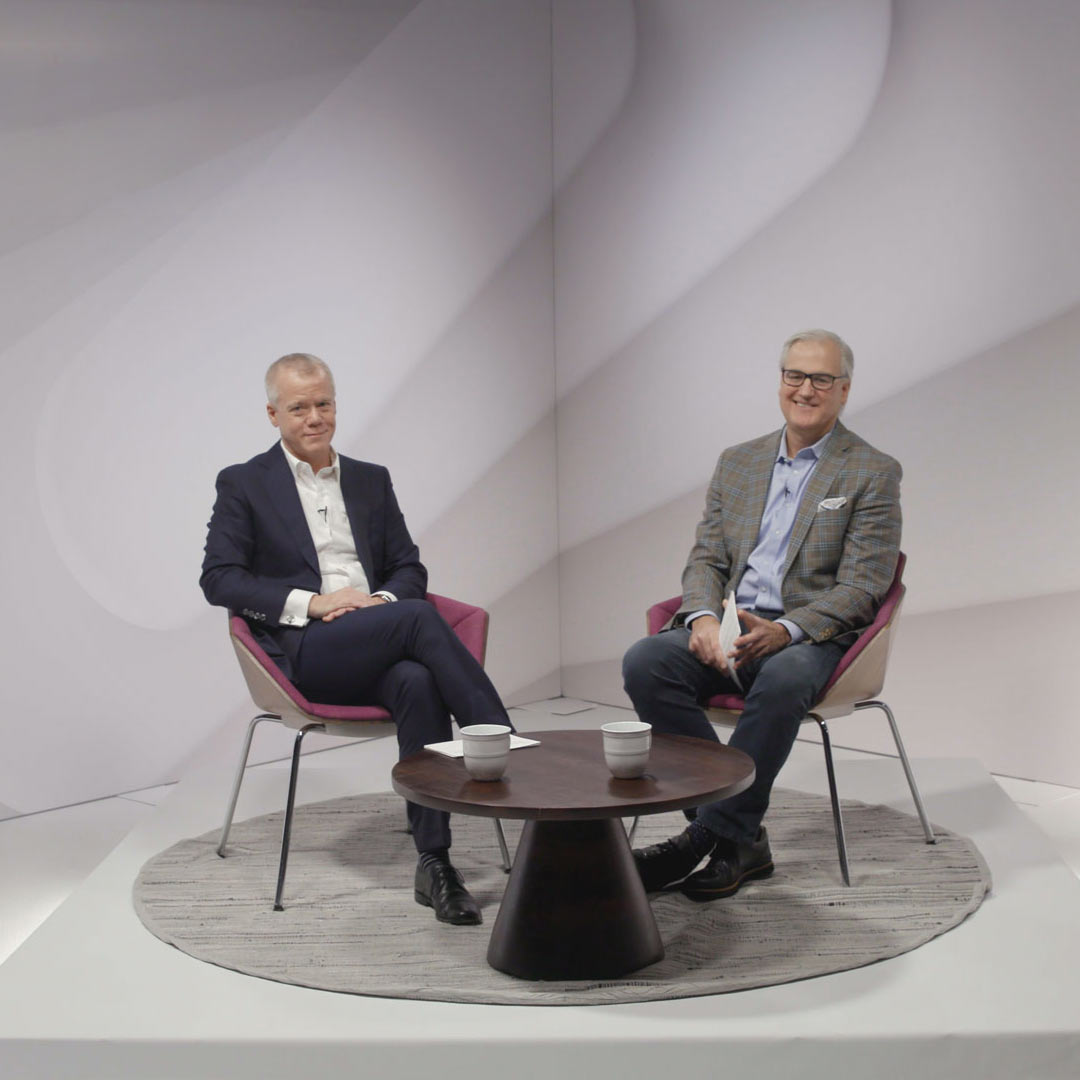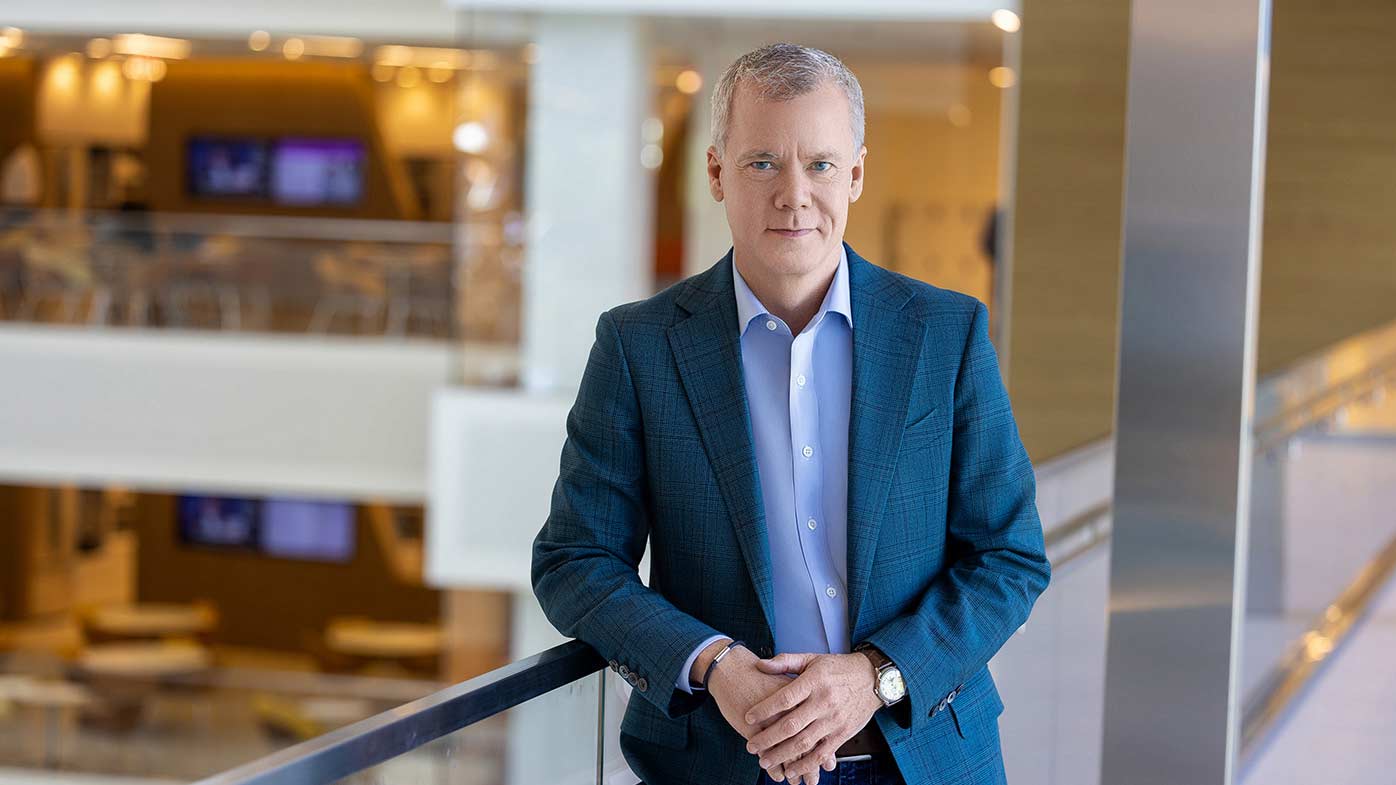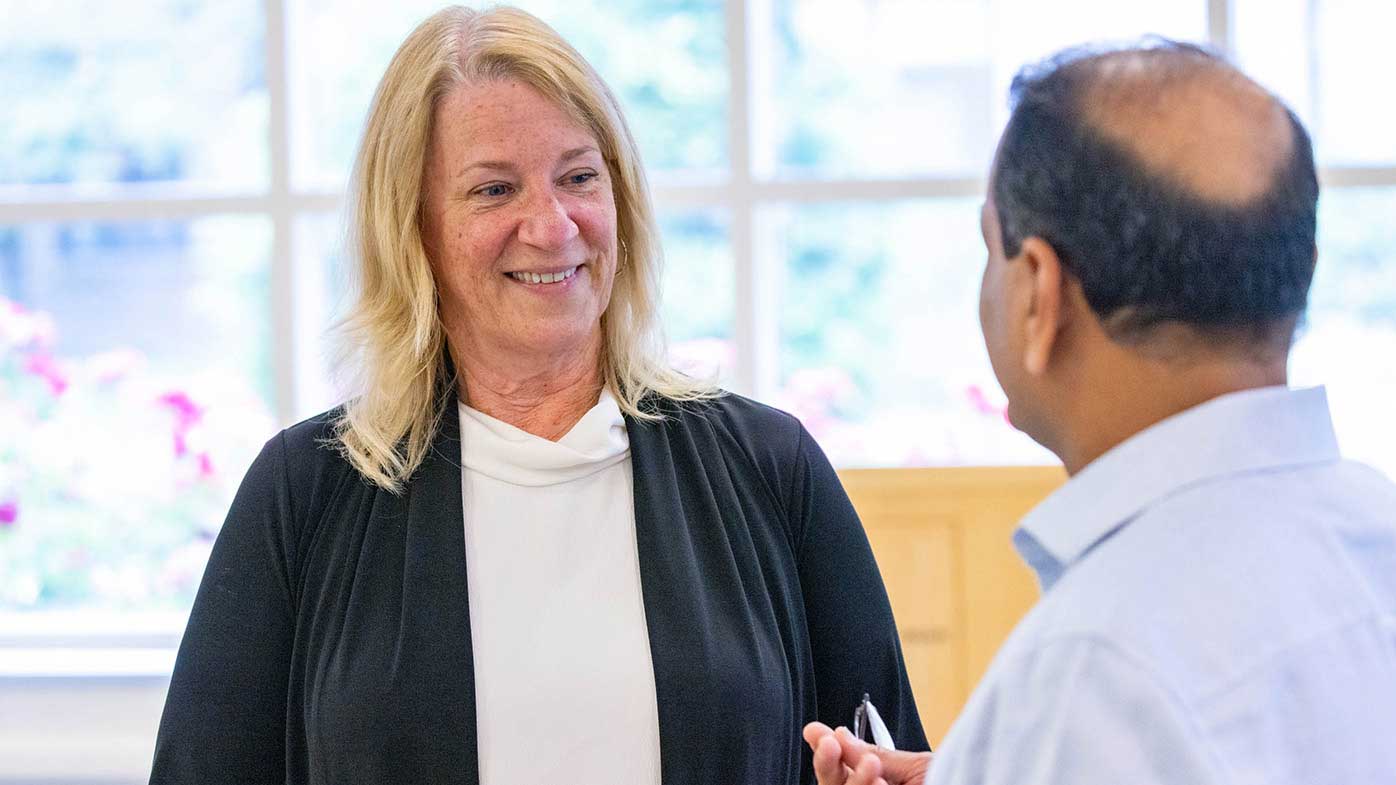The “Steel City” boasts grit, history and championship sports teams along with a premier health care network that leads the charge for cancer research. And yet, studies have shown that there are high rates of lung cancer. Reports show air pollutants, remnants from past industries that once helped the city thrive, may have had unintended consequences.
Lung cancer risk is correlated to past exposure to emissions from industrial plants. If a person has a higher cancer risk because of where they live, how do we offer tools and resources to educate on the signs and symptoms as well as the latest scientific advancements? That’s one of the key topics we explored.
Why go into local communities?
Thankfully, Pittsburgh has a solid base of industry leaders, experts and advocates who can draw attention to these issues. By sharing in this conversation, we hope participants will go back to their community and highlight environmental risk factors, progress made to date and the latest research to everyone along the health care continuum.
Bristol Myers Squibb understands the importance of community oncology and the need for improving access to care for the right patients at the right time. Our goal includes ensuring all patients have support from diagnosis to treatment and hopefully beyond.
How can Bristol Myers Squibb help the cancer community on the local level?
Cancer research is demonstrating there is no one-size-fits-all approach. And, patients in local communities should know as much about their options as those seeking treatment is a large academic setting. There shouldn’t be a difference in the care of or options presented to a patient based on where they live.
Our approach to addressing unique challenges in the community is to proactively work with cancer centers around the country in response to patient needs. For example, Bristol Myers Squibb established the Immuno-Oncology Integrated Community Oncology Network (IO-ICON), an innovative collaboration of health care professionals, scientists and industry, with the goal of providing access to cutting edge research for the over 80% of people with cancer who receive treatment in their own communities.
What’s next for the Cancer and the Community series?
To truly make an impact in each community, we must pay attention to the community-specific nuances in each city and the role they play in an individual patient’s disease. These learnings allow us to hone in on the research and systematic changes needed to address these challenges.
I’m excited where the dialogue has taken us, and look forward to the discussions and proactive solutions that come out of our next Cancer and the Community stops in Minneapolis and Seattle later this year.


